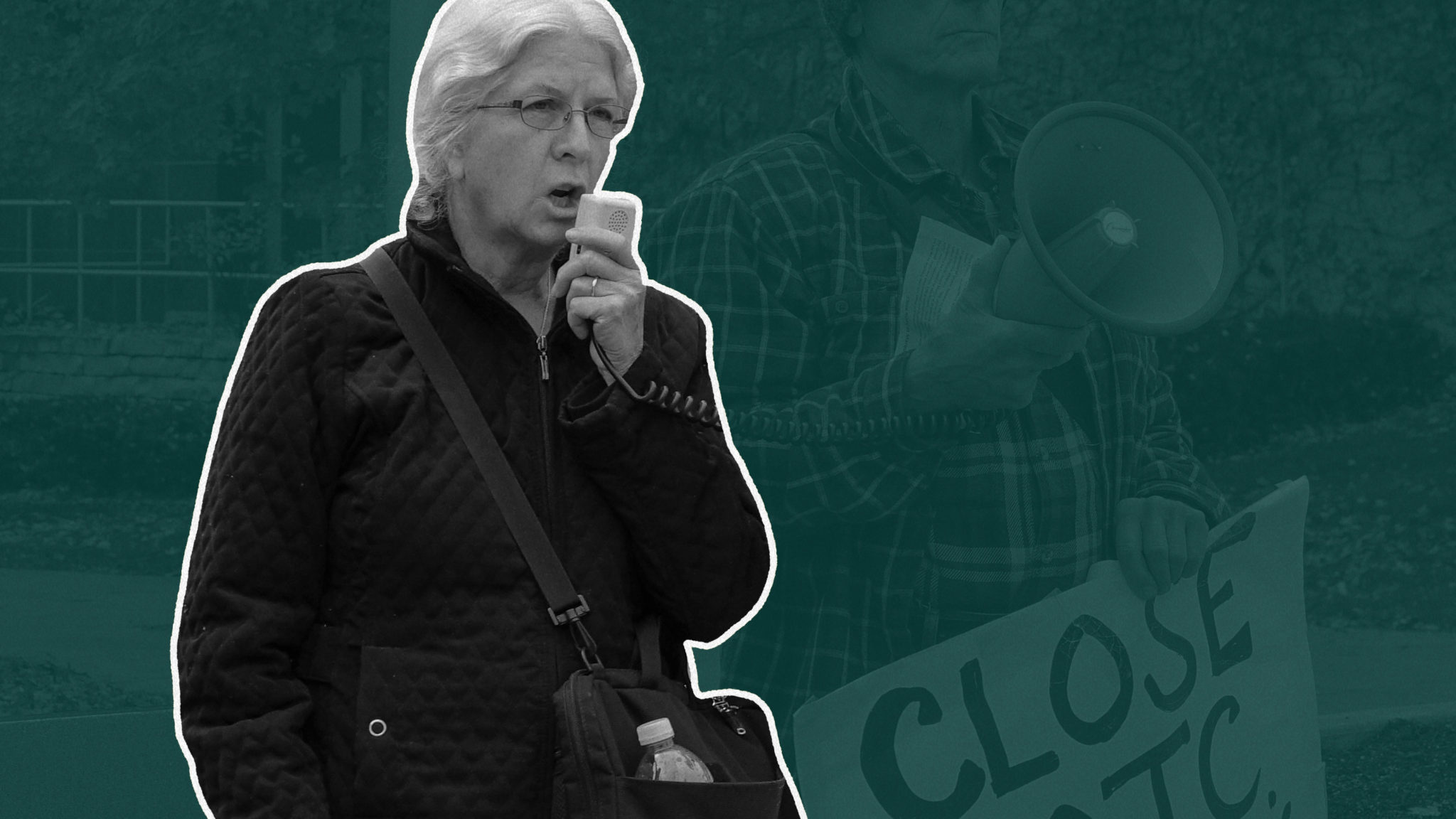
During a summer service-learning program in Peru between my junior and senior years of college, I saw something puzzling. My homestay brother, who was also one of my coworkers, would make the sign of the cross at seemingly random times on our bus trip to work every day.
Except they weren’t random — they occurred at the same places each time. I watched and realized that he signed himself when we passed cemeteries and roadside markers indicating that someone had died. He was praying for the dead.
I found myself beginning to say a little prayer whenever I would notice that he was praying. I had no idea what he said in his prayers — I never brought it up — so I simply said what I knew, the Church’s traditional prayer for the dead: “Eternal rest grant unto them, O Lord, and may perpetual light shine upon them.”
When I returned to the US, I noticed that I would start doing this almost unconsciously as I saw a roadside marker or passed a cemetery. The words would simply run through my head: “Eternal rest grant unto them, O Lord, and may perpetual light shine upon them.” And, since I was usually alone in my car, adding the sign of the cross came so easily that I don’t even remember deciding to do it.
But what happened next surprised me. I had never thought about what my homestay brother may or may not have been thinking when he prayed — I simply assumed he did it because it was a nice thing to do. But, as I continued to pray, I began to think about the people I was praying for.
Very rarely did I know them or even anything about them. If it was a roadside marker, the only thing I knew was that they had been a victim of a car accident. But then I would wonder: What kind of accident? What happened? Was someone at fault? Was someone drunk? Was this person at fault or had this person been drunk?
As I drove by cemeteries, the questions became even more varied: How did these people die? What kinds of lives did they lead? Were any of them murderers, rapists, child- or wife-abusers? Adulterers, thieves, or financial criminals? If some of them were, had they been sorry for what they had done? Or were some of them just plain old selfish people?
I still said my prayer, but now I was becoming much more conscious that I wasn’t just doing a nice thing — some of these people may really need prayers for mercy. And, I realized that the answers to my unanswerable questions were becoming less important to me. I knew I could be praying for a wife-beater, a child molester, a murderer, a philanderer, a thief, a Nazi sympathizer, or someone who up and abandoned their spouse and children — and I was okay with that. In fact, I realized that, if I were to pray for the dead, these were exactly some of the people I would have to be praying for.
Not all of us commit heinous crimes, but some of us certainly do. And even if we don’t, we all hurt other people and do things that we shouldn’t. In a sense, I was paying it backward — praying for all those who had died before me, knowing that, when I die, I will (hopefully) benefit from the prayers of those who follow.
Praying for the dead has helped me become less judgmental and more merciful and empathetic by helping me realize just how varied people’s pasts may be and just how much I need mercy and forgiveness, too. Because of this, I have grown in my ability to respond to the people I meet with openness and charity, being more concerned about their needs than what they may or may not have done. And this has helped me to connect with, experience, and trust God’s love and mercy more.
In praying for the dead, I have found that I am actually better able to live.



















